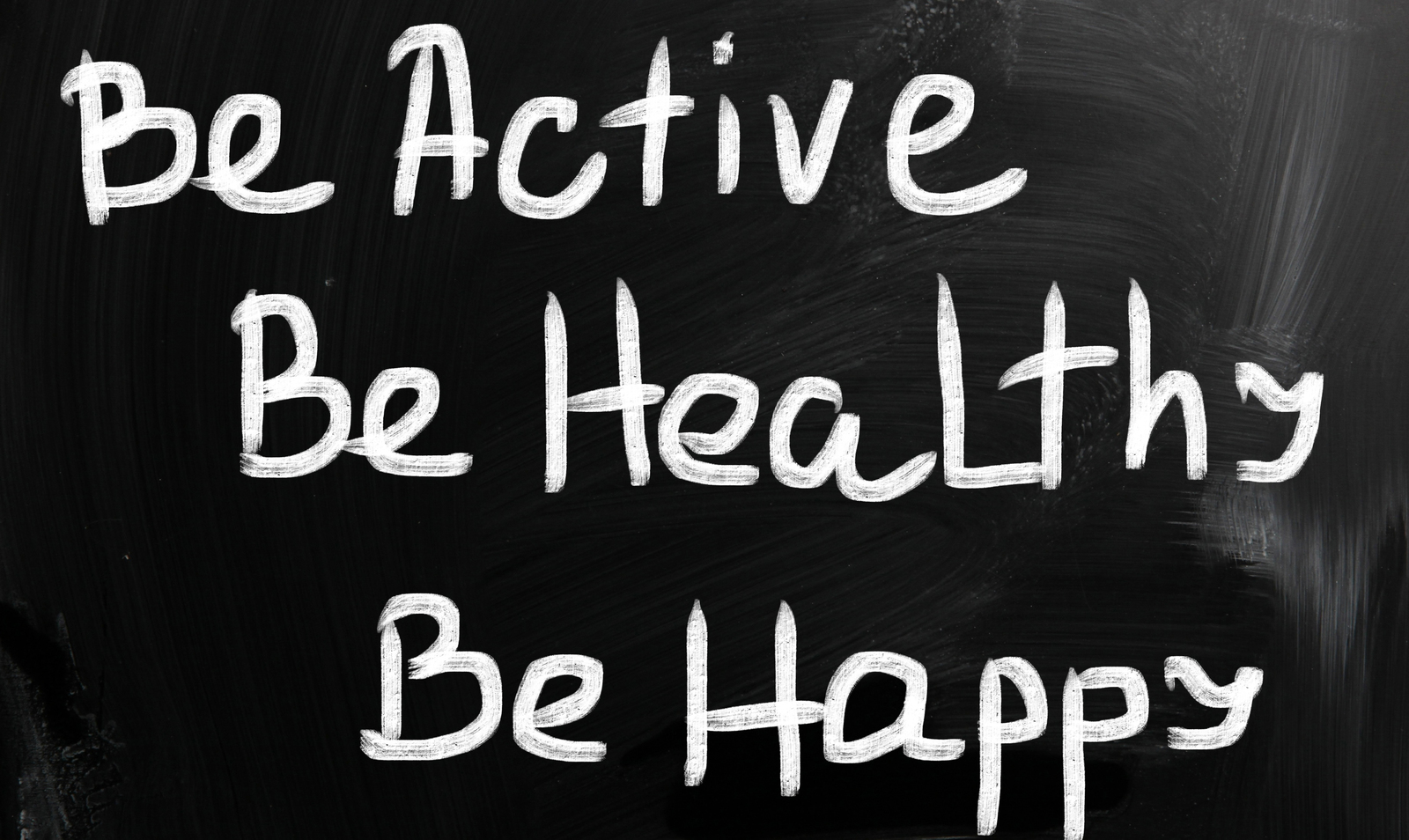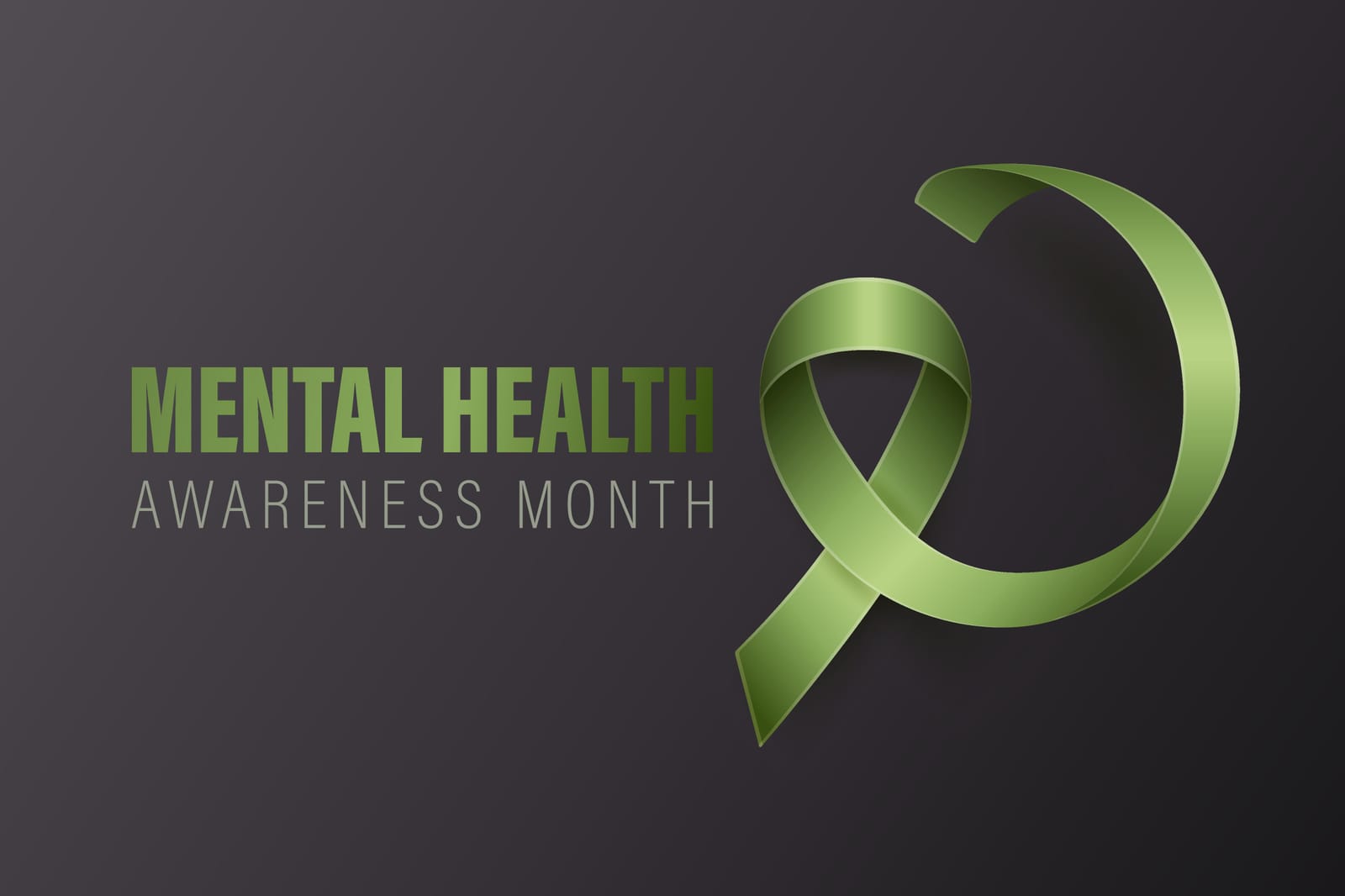Regular Folks, Remarkable Transformations
People Who Committed to Self-Care, Therapy, and Overcoming Personal Struggles
In a world that often prioritizes hustle over health, stories of people truly committing to self-care and healing can be some of the most powerful tales of transformation. As the renewal of spring takes hold in April, countless inspiring individuals have gone viral for their journeys to overcome personal struggles through intentional self-nurturing.
Take Riley, a 28-year-old from Philadelphia whose tireless people-pleasing and burnout led to a wake-up call health crisis last March. Her viral post detailing starting therapy, overhauling her self-care routines, and learning to set boundaries instantly resonated across social platforms. “I hit rock bottom, but deciding to finally treat myself as a priority quite literally saved my life,” she shares about her committed healing process.
In New York, Samuel’s decades-long battle with depression and family trauma finally reached a turning point through the honest vulnerability documented in his journey posts. What began as mourning entries became celebrations of taking medication, attending a support group, and doing the inner work to reshape negative thought patterns. “I’m still a work in progress, but by choosing self-compassion over self-punishment, I’ve reclaimed so much light,” reads one uplifting caption on his geometrically growing platform.
In Colorado, for years Nisha played the role of the picture-perfect high-achiever while her relationship with food grew increasingly disordered and her self-worth bottomed out. It wasn’t until she courageously shared her day-by-day recovery from an eating disorder through psychotherapy that her liberating metamorphosis struck a global chord. Now, her account is a dynamic model of body neutrality, gentle nutrition, and radical self-acceptance.
These are just a few examples of the incredible personal triumphs to celebrate as part of the “April Glow-Up” phenomenon. By prioritizing their authentic healing and wholeness with daily self-care practices, expert support, and learned self-love, these resilient individuals are touching lives and destigmatizing prioritizing one’s mental and emotional well-being.
So as you feel the reinvigorating energy of spring’s fresh start this April, let these inspiring stories motivate your own commitment to nurturing your mental and emotional wellness. Whether it’s finally making that first therapy appointment, overhauling self-destructive habits, or builders consistent self-care routines, remember that personal growth begins by choosing to prioritize your inner peace.








